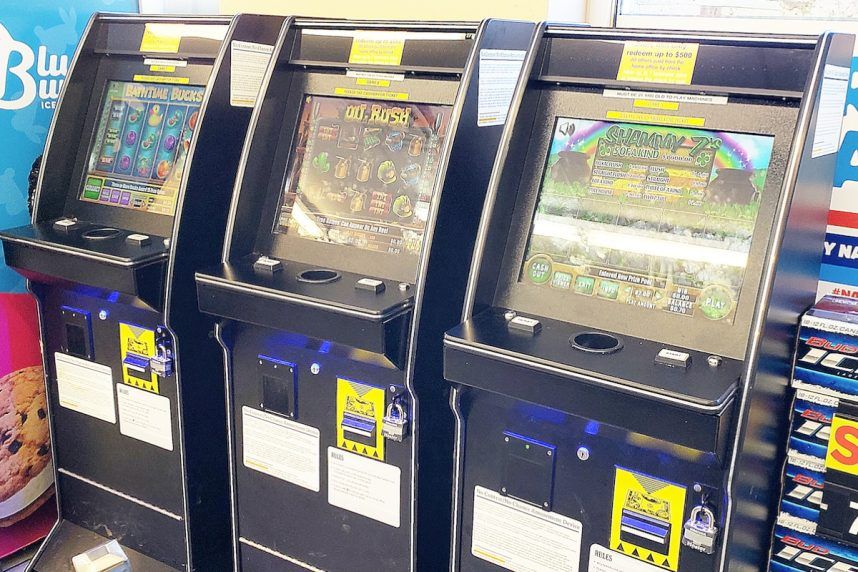Posted on: October 10, 2023, 09:46h.
Last updated on: October 10, 2023, 09:46h.
The Missouri Gaming Association (MGA) recently appealed the decision of a county circuit judge to dismiss their lawsuit against a company that produces controversial gaming machines commonly found in convenience stores, restaurants, bars, and fraternal organizations.

The MGA represents the 13 riverboat casinos across Missouri, including the capital Jefferson City.
A major concern for the state’s gambling industry is the increasing presence of unregulated slot-like gaming terminals. These machines resemble and operate similarly to traditional slot machines found on riverboats but have the next play’s outcome displayed before the bet is placed.
Known as “no-chance” gaming or “skill gaming,” proponents argue that these machines do not qualify as gambling because the next spin’s outcome is already revealed, thus eliminating the element of luck.
Instead, players wager on a play they know will lose in order to advance the machine to its next pre-reveal outcome.
Federal Ruling Favors Skill Gaming
In August, a federal judge dismissed a class action lawsuit against Torch Electronics, a leading provider of the no-chance machines in Missouri. The lawsuit claimed that the unregulated machines targeted vulnerable individuals prone to problem gambling, including underage individuals.
US District Judge Brian Wimes ruled that the lawsuit lacked legal standing under the federal Racketeer Influenced and Corrupt Organizations (RICO) Act. Wimes determined that players voluntarily used the machines and could have avoided financial losses by choosing not to play.
Separately, the MGA filed a lawsuit against Torch Electronics, alleging that no-chance gaming constitutes illegal gambling and harms their members’ businesses.
Torch Electronics is an illegal competitor, and their illegal gaming devices are harming our members,” stated the MGA.
However, Cole County Circuit Judge Daniel Green dismissed the MGA’s challenge, as well as a lawsuit brought by Torch against the Missouri State Highway Patrol, accusing them of harassment due to the seizure of no-chance games from businesses and organizations where they are commonly found.
Judge Green stated that he lacked the authority to grant Torch’s requested relief, including an injunction against law enforcement to stop seizing their machines.
Dismissal of the injunctive claim for relief is also proper as the relief sought is outside the jurisdiction of this Court in which it is asked to invade/limit the exercise of legitimate police powers by the Defendant, the Missouri State Highway Patrol,” ruled Judge Green.
Furthermore, Judge Green determined that he could not definitively decide on the legality of Torch’s games on behalf of the MGA.
Appeal Expected
MGA officials believe that the state court system is best suited to determine the legality of skill and no-chance games.
The Missouri Gaming Association has filed an appeal today, as we believe that the trial court erred by denying our right to take action against illegal competitors. We anticipate the decision being reversed, allowing us to present our case and stop Torch’s illegal competition,” read a statement from the MGA.
Torch also plans to appeal Judge Green’s ruling in their lawsuit against state law enforcement.
“We are looking forward to our day in court and a determination that these amusement devices are legal,” said Chuck Hatfield, an attorney representing Torch, in an interview with the Missouri Independent.


